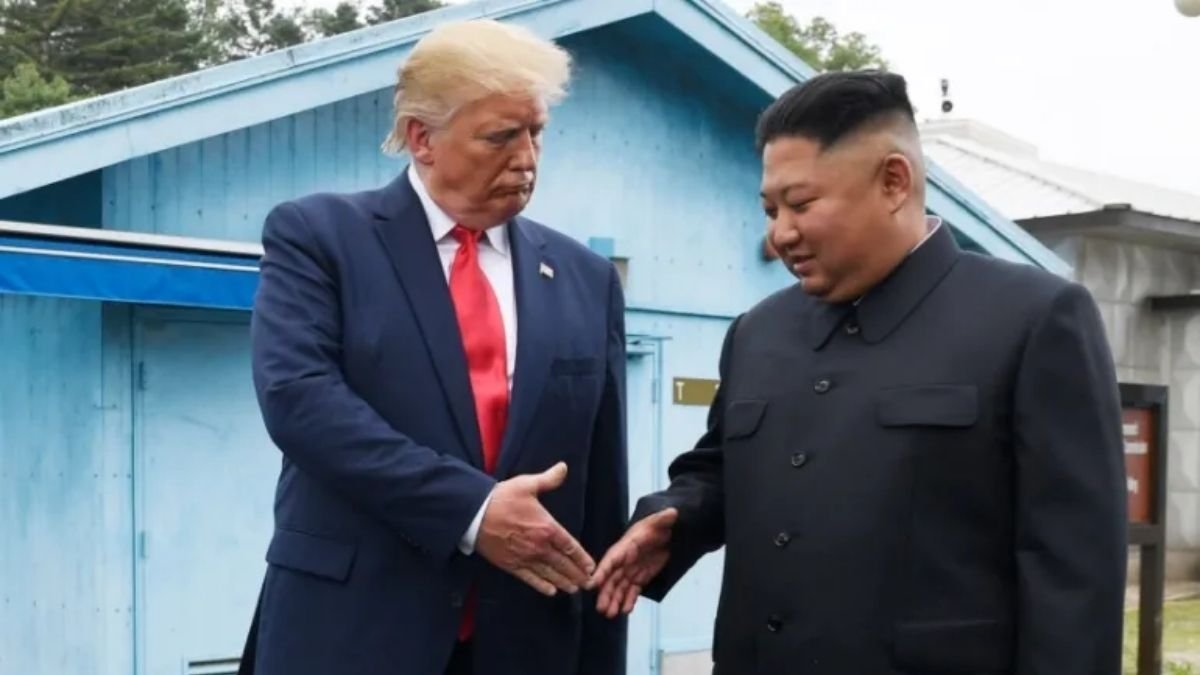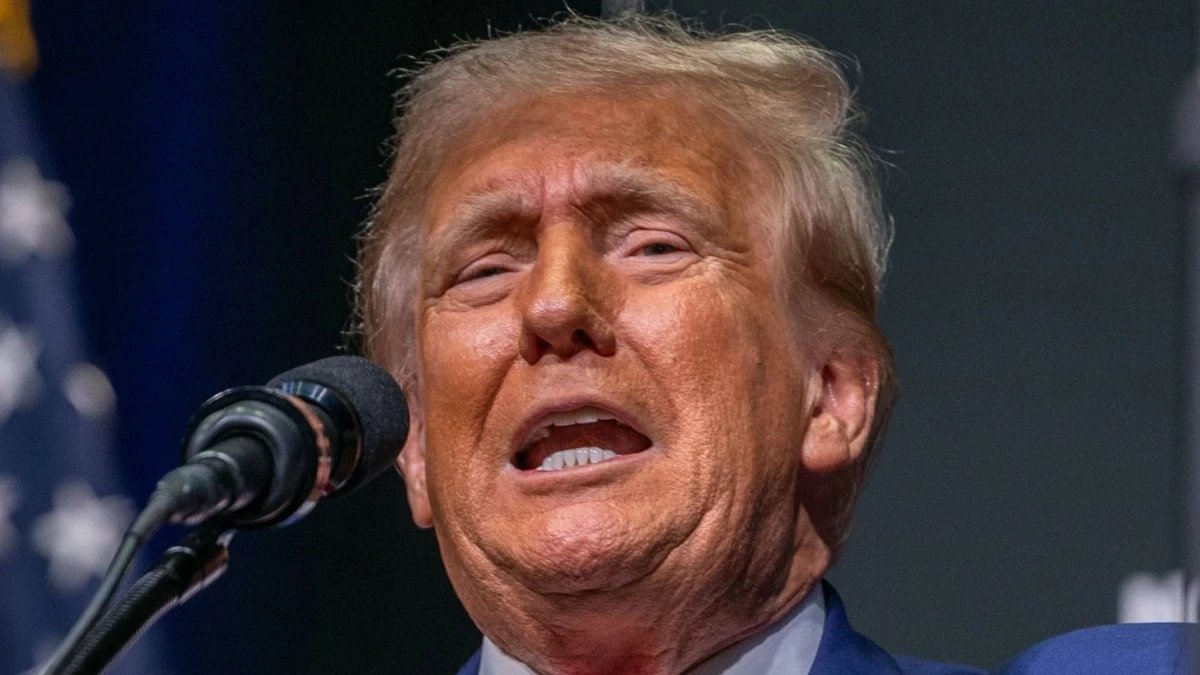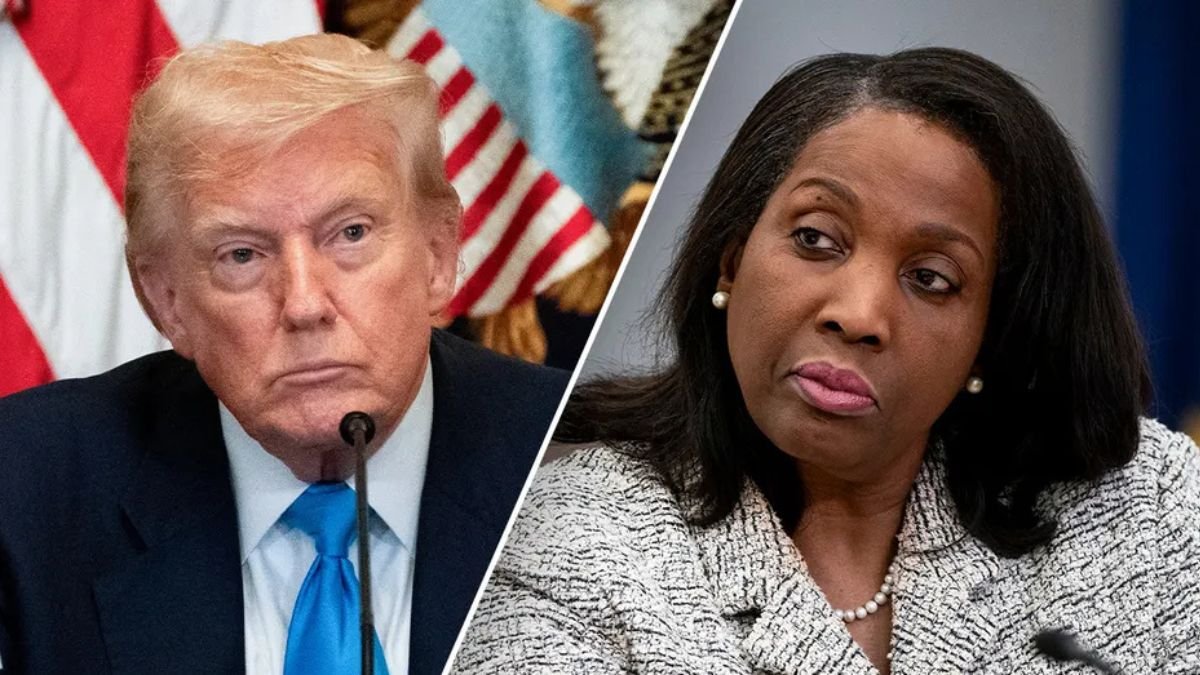During a CNN NewsNight appearance on September 9, 2025, Ghislaine Maxwell’s attorney, Arthur Aidala, suggested that his client may have received a benefit from the Trump administration in return for cooperating with authorities. His comments have raised eyebrows due to the high-profile nature of Maxwell’s case and the figures involved.
The remarks came after Maxwell’s July interview with Deputy Attorney General Todd Blanche. That meeting lasted nine hours and reportedly covered more than 100 people connected to Jeffrey Epstein’s extensive network. The interview was part of a wider effort by authorities to gather information about Epstein’s associates and activities.
When asked about Maxwell’s transfer from a low-security prison in Florida to the minimum-security Federal Prison Camp Bryan in Texas, Aidala said, “When anybody who’s represented by a lawyer who knows what they’re doing goes in and meets with the government, there’s always a quid pro quo.”

Aidala explained that such arrangements are standard practice in the legal system. He emphasized that lawyers often seek some form of benefit or assurance for their clients before agreeing to share information with prosecutors.
Former Biden adviser Neera Tanden reacted sharply, saying, “You just admitted to a quid pro quo with the Trump administration!” Aidala defended his statement, adding, “But that is how the whole system works.”

Maxwell is serving a 20-year sentence for sex trafficking and conspiracy related to Epstein’s crimes. Her role in recruiting and abusing young girls has made her a central figure in one of the most notorious criminal cases in recent history. Despite her conviction, she continues to be involved in legal proceedings related to Epstein’s network.
Her transfer to the Federal Prison Camp Bryan brought her to a dormitory-style facility that is far less restrictive than her previous prison. The camp provides programs such as arts and crafts classes, technical courses, and opportunities for video calls with family members. It is considered one of the more comfortable federal facilities.
The move required the Federal Bureau of Prisons to bypass its usual policy that mandates convicted sex offenders be placed in at least a low-security prison. This unusual step has drawn attention and criticism, as it raises questions about whether Maxwell received special treatment due to her cooperation with the government.
The timing of her interview and subsequent transfer has also raised eyebrows. Victims’ advocates and legal experts have voiced concerns that the circumstances suggest possible preferential treatment. Although the Trump administration has not publicly confirmed any arrangement, critics argue that the situation highlights potential issues with how high-profile cases are handled.
In a related development, House Oversight Committee Chairman James Comer stated that Maxwell “exonerated” Trump during her interview. This claim sparked further debate and controversy regarding the handling of Epstein’s case. It has intensified public scrutiny of Maxwell’s cooperation and the influence of political figures on federal investigations.
The Justice Department has not yet released a transcript or audio recording of Maxwell’s interview with Blanche. Officials have said that such materials are under consideration for public release. This decision comes amid ongoing attention to the Epstein case and questions about the Trump administration’s involvement.
Maxwell’s cooperation and the circumstances surrounding her prison transfer continue to attract public interest. Legal observers are closely monitoring developments, as any additional disclosures could shed light on her role in providing information and the extent to which others connected to Epstein might be affected.
Observers note that Maxwell’s case illustrates the complex negotiations that often occur when high-profile defendants cooperate with the government. Aidala’s comments highlight the legal strategy involved, where lawyers seek assurances that their clients will benefit in some way before providing information.
The debate over Maxwell’s transfer also raises broader questions about fairness and the criminal justice system. Critics argue that the perception of special treatment undermines public confidence, while supporters suggest that such arrangements are standard practice in plea negotiations and cooperative agreements.
[inline_related_posts title=”RECOMMENDED” title_align=”left” style=”list” number=”2″ align=”none” ids=”” by=”categories” orderby=”rand” order=”DESC” hide_thumb=”no” thumb_right=”no” views=”no” date=”yes” grid_columns=”2″ post_type=”” tax=””]
As the situation develops, authorities, legal experts, and the public remain focused on the potential implications of Maxwell’s cooperation. Any new information could influence ongoing investigations into Epstein’s network and the individuals associated with it.
The case also underscores the long-lasting impact of Epstein’s crimes, which continue to affect victims, investigators, and public perception of justice. Maxwell’s actions, legal representation, and interactions with government officials remain closely watched by media, lawmakers, and the general public alike.
While questions remain about the nature and timing of Maxwell’s transfer, the story demonstrates how high-profile legal cases often involve complex negotiations and strategic decision-making. Aidala’s remarks on CNN provided a rare glimpse into the legal considerations behind cooperation agreements.
As more information becomes available, the public and legal community will continue to evaluate the consequences of Maxwell’s cooperation. The case may also influence how future high-profile defendants are handled, and it may set precedents for how cooperation and prison transfers are viewed in federal investigations.
Overall, the Maxwell case highlights the intersection of law, politics, and public interest. It remains a focal point for ongoing discussions about justice, fairness, and accountability in high-profile criminal cases.














